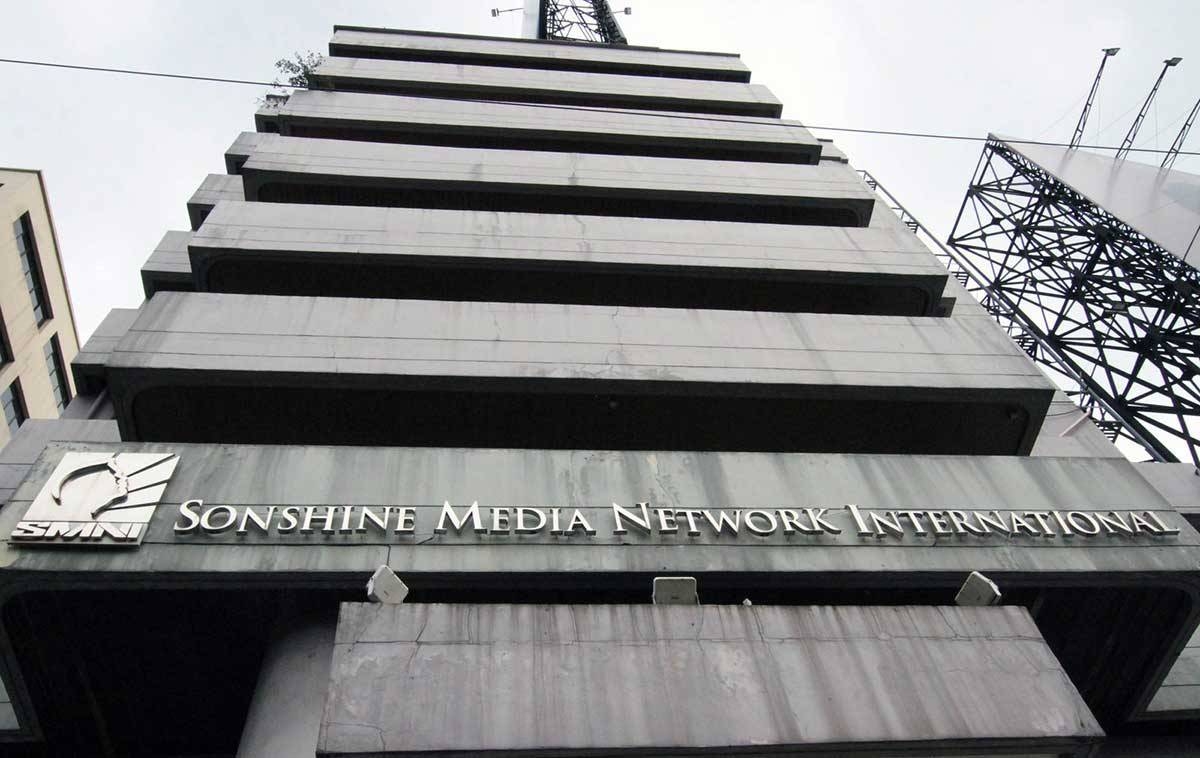Revocation of Sonshine Media Network International’s Legislative Franchise
In a significant move, the House of Representatives in Manila, Philippines, has given its approval on the second reading of House Bill 9710. This bill aims to revoke the legislative franchise of Sonshine Media Network International (SMNI) due to “multiple franchise violations.” The decision was made during the house’s plenary session on Wednesday and was passed through a voice vote.
The revocation of SMNI’s legislative franchise is a serious matter that could have far-reaching implications for the media landscape in the Philippines. It is crucial to understand the context and implications of this decision, especially for an international audience.
The Importance of Legislative Franchises in the Philippines
In the Philippines, legislative franchises are vital for media organizations. These franchises grant them the authority to operate and broadcast within the country. They are granted by the Congress of the Philippines and are subject to specific terms and conditions.
Legislative franchises serve as a means of regulating media entities and ensuring that they adhere to ethical standards, promote public interest, and comply with legal requirements. Violations of these franchises can result in serious consequences, including revocation.
SMNI’s Franchise Violations
The decision to revoke SMNI’s legislative franchise stems from multiple violations committed by the network. However, the specific details of these violations have not been explicitly mentioned in the available information.
It is important to note that legislative franchise violations can encompass a range of offenses, such as non-compliance with broadcasting regulations, failure to meet financial obligations, or engaging in activities that are contrary to public interest. Without further information, it is challenging to provide a comprehensive analysis of SMNI’s specific transgressions.
Implications for SMNI and the Media Landscape
If the bill to revoke SMNI’s legislative franchise becomes law, it would have significant implications for the network and the media industry in the Philippines. Revocation would mean that SMNI would no longer have the legal authority to operate as a broadcasting entity within the country.
This decision could potentially impact the network’s ability to reach its audience and fulfill its journalistic responsibilities. It may also lead to job losses for SMNI employees and have wider implications for media freedom and diversity in the Philippines.
However, it is important to approach this issue with caution and await further developments. The bill still needs to go through the third reading and be approved by the Senate before it becomes law. Until then, SMNI’s legislative franchise remains intact.
The Role of Congress in Regulating Media
The revocation of SMNI’s legislative franchise highlights the crucial role of Congress in regulating the media industry. Legislative bodies worldwide have the responsibility to ensure that media organizations operate in the best interest of the public and adhere to ethical and legal standards.
By revoking a franchise, Congress sends a strong message that violations will not be tolerated and that media entities must be held accountable for their actions. This decision serves as a reminder that legislative franchises are not merely symbolic but have real legal consequences.
Conclusion
The approval of House Bill 9710 by the House of Representatives to revoke Sonshine Media Network International’s legislative franchise marks a significant development in the media landscape of the Philippines. The decision was made due to “multiple franchise violations,” although specific details are yet to be disclosed.
Revoking a legislative franchise is a serious matter that can have far-reaching implications for media organizations and the industry as a whole. It highlights the role of Congress in regulating the media and ensuring compliance with ethical and legal standards.
However, it is important to await further developments and the outcome of the bill’s progress through the Senate before drawing any definitive conclusions. The revocation of SMNI’s franchise, if it becomes law, would undoubtedly have a profound impact on the network and the media landscape in the Philippines.







